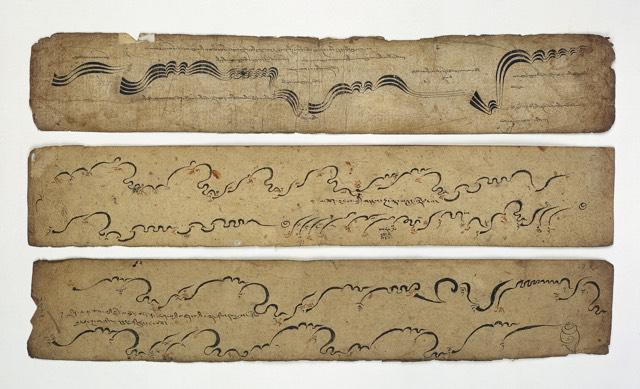
In New Socialist magazine, live-music curator and producer Fielding Hope writes about the amazing diversity and creativity of international experimental music today. Going beyond Eurocentric views of experimental music and its history – which suggest that the genre was pioneered solely by a handful of Euro-American white males in the mid-twentieth century – Hope finds a dizzying array of radical sounds, instruments, and music practices coming from places like Uganda, Colombia, South Africa, and many other countries. But Western listeners risk missing out on this incredible music, writes Hope – not only through white-washed attitudes about experimental music, but also through increasingly strict border policies that bar many international musicians from entering Western countries to perform live. Here’s an excerpt from the piece:
While experimental music’s legacy has expanded and evolved over the decades, it risks, through its own inertia, becoming rigid and uniform. Let’s consider briefly Pierre Schaefrer’s radical proposition for a reduced listening, an ideology at the heart of musique concrète. Partially a result of the introduction of tape recorders—and with it the ability to listen closer than ever before—Schaeffer famously said that all sound could be considered music. This is in itself a radical, internationalist, and almost utopian proposition. One that could emancipate all forms of music from vague genre tropes or geographical barriers. So why, then, has contemporary musique concrète become a largely academic, Euro-centric and elitist enunciation? Or, to put it bluntly, a bunch of (mainly) dudes with gigantic, expensive synths?
If Western experimental music ideology has emancipated itself, deconstructed itself, and “experimented” on itself, then it has only done so from within itself, and its own history. A history steeped in and predicated on the classical 12 tone harmonic scale. For all the objective “truths” and “potentials” that this music claims to offer by performatively departing from this structure, one is left with an awkward question: what about music and cultures that didn’t lean on the Western 12 tone scale in the first place? What, for example, about the stunning 19th Tibetan music scores, which closely resemble the sort of graphic notation associated with the likes of Cage, Cardew, Feldman, and Stockhausen? What about African artists who invented their own instruments and notational musical systems? What is an inherently more “experimental music”: one that emancipates itself from its own historical forms and yet continues to riff off them? Or one that creates, entirely, its own language, its own system of being?
Image: A Tibetan musical score. Via New Socialist.